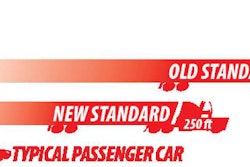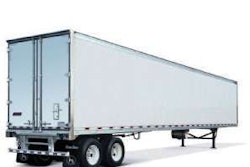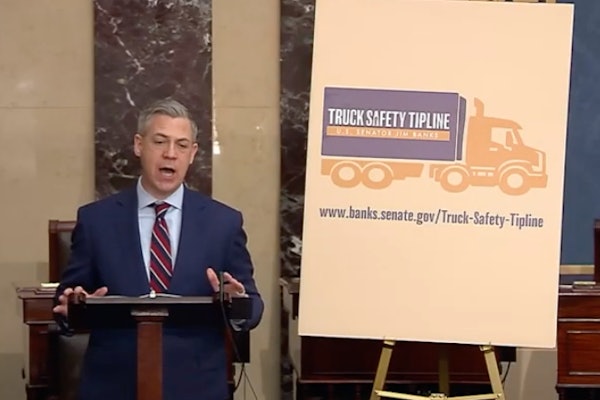Asset-light

By Aaron Huff
When the demand for truck capacity heats up, carriers gain leverage to increase revenues and margins – both of which fall when demand cools. But this pattern does not always apply in a nonasset environment, where some transportation providers have positioned themselves to thrive during both up and down cycles.
Considering the imbalance of the market over the last four years, Andy Cole chose an ideal time to create Total Transportation Services. Since moving its first load in January 2006, the Frisco, Texas-based company has experienced phenomenal growth; in 2009, revenues topped $240 million.
As president, Cole leads a management team with many years of experience in both asset and nonasset transportation. When creating TTS, management focused on solving the pain points of a nonasset environment, one of which is the internal conflict that exists between a corporate office and agents when the corporate office has sales and dispatch functions. In some instances, this model causes competition with agents for customers.
By contrast, TTS maintains an office in Frisco for administration purposes only. “We tried to keep this a pure ‘agent-centric’ business model,” Cole says. “Agents want to be in a place where they are not competing.”
The company’s largest initial investment was in technology for software licenses and custom development. TTS designed its first platform as a managerial tool for the corporate office and also for agents to have real-time visibility of the activities within its walls. The technology since has morphed into an advanced supply chain and transportation management system. Agents use the TTS system to help customers attain cost savings through optimization and gained efficiencies.
Management focused on solving nonasset pain points.
For customers, TTS agents offer shipment tracking by connecting with carriers through electronic data interchange (EDI). Carriers not equipped with EDI can update the TTS system electronically by the driver sending shipment updates from a cell phone.
One of the reasons TTS has grown so quickly is its ability to recruit agents with established businesses. The agent model brings instant revenue on a variable cost basis.
Currently, TTS operates more than 50 agent offices. Some of these sites are carrier agents that operate assets within a TTS division called Progressive Transportation. In this arrangement, the agents dispatch their own drivers, and TTS provides the administrative backroom work. Progressive Transportation has a total fleet of more than 400 trucks.
Having this asset-light division helps TTS “pick the lock” on bid opportunities that otherwise would be available exclusively to carriers with assets.
“We think the agent model has a lot of room for growth as we refine our offering to agents and as the technology continues to get better,” Cole says. “We will not try to change our model but continue to enhance it to solve agent and customer problems.”
Whereas many nonasset brokerage and logistics firms tend to source truck capacity from small carriers, more than 60 percent of the capacity in the TTS system comes from big carriers with more than 250 trucks.
“We’re not concerned about bigger carriers leaving us,” Cole says. “We’ve negotiated longer-term agreements with those guys. We will keep tapping into that business model, which will help as freight starts coming back.”
Cole anticipates annual growth to continue in the 20 to 22 percent range this year and beyond. Looking at the competitive landscape, he says the nonasset marketplace would be more crowded if carriers that already operate brokerage and logistics divisions were more committed to the nonasset sector. Many carriers use these divisions just for overflow.
“The real test is when freight starts coming back,” Cole says. Will carriers continue to use brokerage as a “bolt-on” to their assets to move more freight in and out of their own systems, or will they pour more resources into the nonasset sector? Considering the success of TTS in this space, the opportunities are hard to ignore. n
Aaron Huff is Senior Editor of Commercial Carrier Journal.
E-mail [email protected] or call (801) 754-4296.










